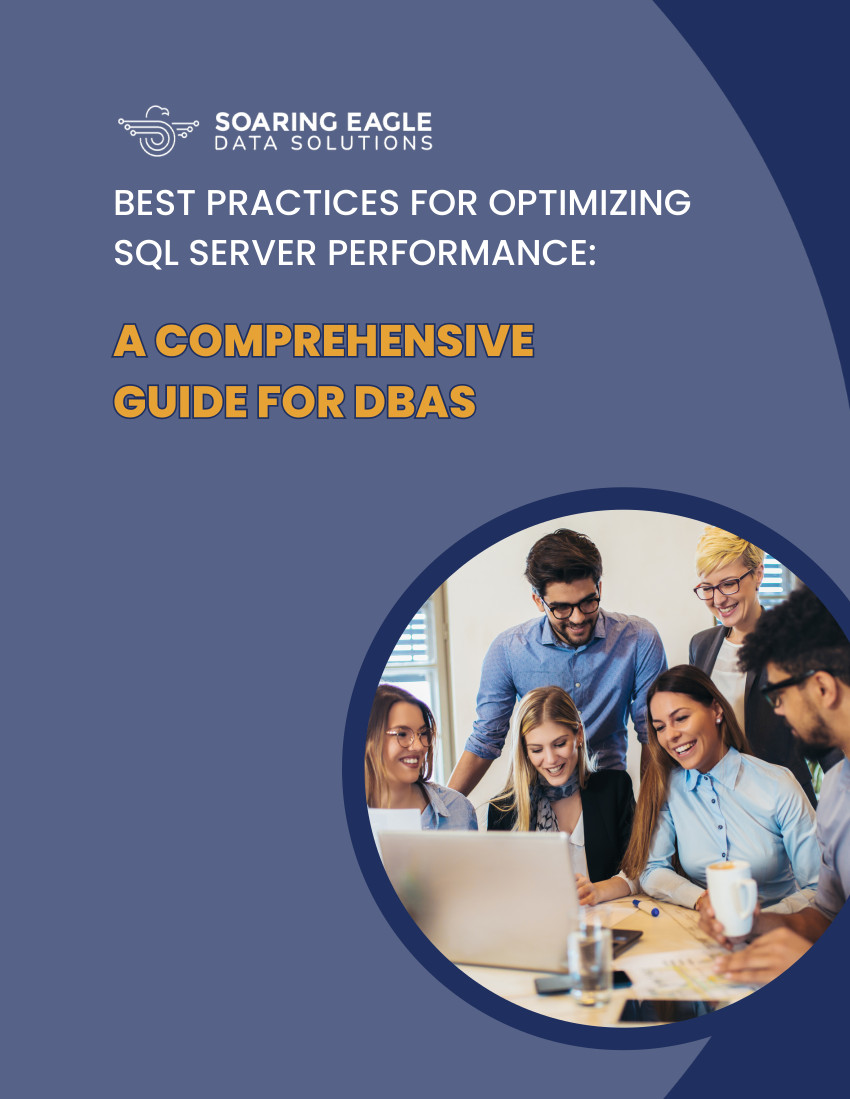
For the most part, even the most technically challenged have somewhat of an idea of different methods of data storage: In your computer’s hard drive, in a USB, in a server, in a cloud based service. But what about implanting it inside your body?
Technology moves forward in astounding leaps, but just the thought of inserting a microchip in humans remains a controversial topic.
But these little gadgets are not new. They have been around since the 1950s. They are radio frequency identification (RFID) microchips, which is what we’ve been using to track packages and ensure our pets don’t get lost for years. What’s novel about it is installing them in people's hands.
Why would anyone opt for such an invasive procedure?
With online ordering, social media, Amazon Prime, iTunes, Spotify, Netflix, Hulu, and the like, we are used to instant gratification. We want what we want, and we want it now. What’s the use in waiting, even if only for a few extra seconds to get our desired results?
That’s the pro argument for RFID microchip installation in humans: No longer would a person have to dig in their purses or pockets for keys. Just scan your hand, and you can get into your car, into your home, into your business, or access all of your banking and social media information on your phone, without even having to press your thumbprint for biometric recognition.
Is it as reliable as traditional data storage devices?
No. A radio frequency identification microchip can only store up to 2,000 bytes of data. Granted, that’s the current limitation. We know that we this could change in a matter of years or even months.
Is it reliable?
If you have small amounts of information to store, it’s an easy way of always having it with you. But it is not necessarily secure. You may think that by having it under your skin, your data is as safe as it could be. Yet, microchips could be easily cloned; which poses the question: What’s the point?
Is it dangerous?
The Food and Drug Administration deems it safe (I know. That’s hardly reassuring). But it’s been making it easier for medical providers to access a patient’s medical history. However, it has also been linked to cancer. Depending on whom you ask, you’ll probably get people from both sides of the fence, arguing for or against it. But why even risk it?
If you are still storing data by traditional methods, know that Soaring Eagle Consulting can ensure its safety. Although we don’t guarantee a 100% recovery rate, we have retrieved vast amounts of information that had previously deemed lost by businesses. So if you have any concerns about data security, give us a call. Chances are we’ll be able to help you.



